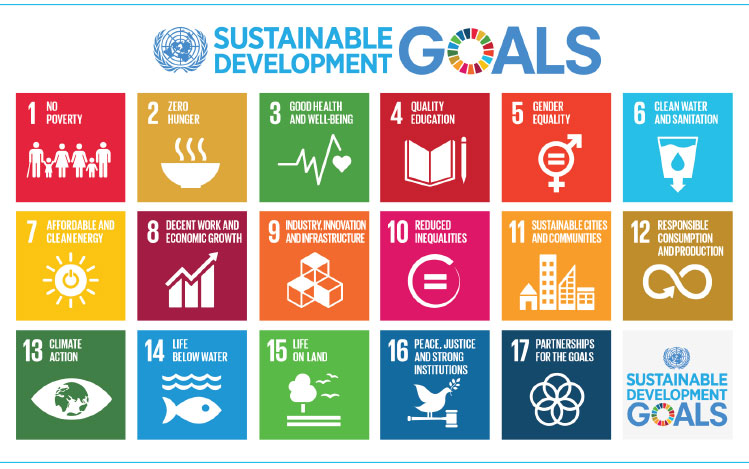
By Panagiotis Kambouroglou, Founder & Managing Partner, Aero Iasion Development Ltd.
Airport growth and bottlenecks
By 2030, airports need to cater for 1.8 billion arriving passengers. McKinsey reports that a total of $49.1 trillion (€44.2 trillion) in infrastructure investments will be needed over the period 2016-2030. As the aviation business steadily grows, a talent gap becomes evident. Demographics in the western world increase challenges in both handling passengers and attracting human resources. The aviation industry faces many sustainability challenges, among them aviation security, which is perceived as a bottleneck to sustainable airport growth.
Sustainable Development – Agenda 2030
The UN Agenda 2030 is a powerful action plan for sustainable development. It calls for a collaborative partnership to implement this plan and to meet its 17 Sustainable Development Goals (SDGs). The transport and aviation industry play a major role in achieving the UN Goals. As a result, all industries, including aviation, need to prepare a holistic sustainability plan to include all airport operations and its effects on planet and people. Needless to say, sustainability becomes a synonym of “licence for growth”.
Achieving the sustainability goals
Airports need to plan for sustainability and define a strong business purpose based on it. Needless to say, airport operations are a complex and highly regulated affair. Therefore, a step by step approach is recommended.
The short-term: build up awareness
In the short-term, built up stakeholder awareness seems the most appropriate initial step. At least 10 out of 17 SDGs can be used to improve sustainability using technology, such as:
- Sustainability awareness training for all airport stakeholders and contractors
- Plan for AVSEC effectiveness
- HR management and internal communication
- Improving working conditions
- Upskill HR training
- Setting productivity Key Performance Indicators and monitoring them vigorously, etc
The middle-term: sustainable operations
The middle-term vision should focus on operating sustainably:
- Sustainable facilities (eg bio-clima, lighting, sanitation, etc)
- Clean energy
- Effective and sustainable screening technology
- Multi-layers of security including bio-sensors
- Robotics
- Setting sustainable standards and monitoring results
- Data management, etc
The long-term: plan for disruption
Today, no sound prediction for 2030 AVSEC operations can be made. Disruption seems inevitable. Therefore, airports are called to plan for:
- Risk-based security approach
- One Stop Security, worldwide
- Use of open architecture security platforms
- Strong international cooperation of the authorities
- Connected and intelligent security equipment
- 0 min. queuing
- 0 emissions from aviation security
- Reskilling of security personnel due to the use of robotics, etc
Summary
The Agenda 2030 strongly impacts airport operations, especially AVSEC. Airports need to plan for sustainable operations and develop a strong sustainable business purpose. Human resources management is at the front line of sustainability to be followed by sustainable facilities and operational standards. Start preparing for business disruption and resilience, especially in AVSEC!
Panagiotis Kambouroglou is the founder and Executive Director of Aero Iasion Development Ltd and has served the aviation industry for more than 20 years in several C-level positions. His vision is to support his clients in transforming their businesses sustainability, contributing to a better world. Greek-Dutch of origin, graduated in Law in Berlin, multilingual, in search of business excellence. During his tenure, Panagiotis was multiply awarded for business excellence and innovation. He is the founder of Samothraki Open Forum, focusing on the sustainable development and cultural heritage of the Island of Samothraki (www.samothrakiopenforum.com).







